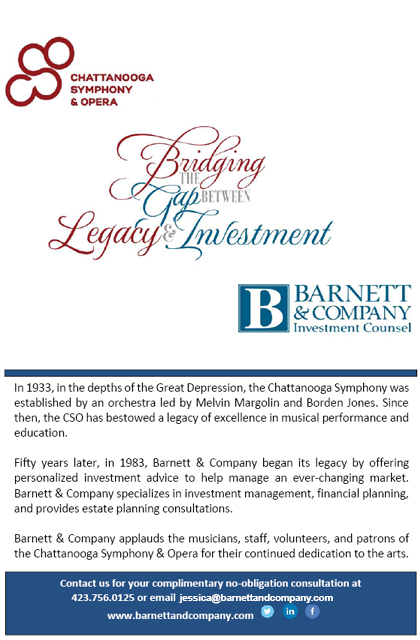Seven O'Clock Shout
Valerie Coleman
(b. September 3, 1970 in Louisville, Kentucky)
“It is meet and right so to do” .. to pause at intervals–one year, five years, a decade, fifty years if we are blessed–and remember significant moments in our lives. Valerie Coleman wrote Seven O'Clock Shout in June 2020 just as the COVID-19 pandemic was closing us in. Rather than have to study accounts of the time and extract a narrative, Coleman gave to us a pure reflection of a moment in time where healthcare workers were already being stretched to the breaking point, but as their hospital shifts ended at 7pm and they headed home exhausted, their neighbors saw them and applauded them as heroes. Being reminded today, we who lived it feel again the hope and gratitude that would be passingly rare for too long.
It was a unique commission delivered by the right institution to the right composer at the right time. The Philadelphia Orchestra chose Valerie Coleman because she already had a working relationship with many of its musicians. Their proposed timetable was daunting, wanting a work that could be premiered in only two weeks, but their confidence was warranted.
YouTube preserves the virtual premiere. Before COVID vaccines, during the pandemic the very act of breathing together, especially by singers and winds, put everyone at risk. So each part was recorded in isolation, then carefully layered into a digital collage—notes and gestures stitched together across distances. It was a technique developed years earlier but its embrace during COVID raised it to a high art. The Seven O’Clock Shout production was a magnificent specimen. As the ensemble of instruments changes the video just shows the conductor and the active players. It creates an intimate relationship between the audience and the musicians. It also reminds us of how we all dressed while stuck at home–business casual at best with no real dress code.
Our best guide to the piece is the interview Coleman gave a few days before the premiere.
“The piece starts with a trumpet fanfare, symbolizing solidarity. When we've been in confinement the way we have, everyone feels out of sorts, missing physical connection. The opening trumpet line is solitary, but then the music moves into a lush, green pasture, representing how nature regenerates even amid a pandemic. I wanted to convey the feeling of essential workers sacrificing day after day, giving of themselves because they care. Yes, they need to put food on the table, but this is also a vocation—one that requires real investment.”
Seven o’clock arrives and we know it: the musicians assume the role of the neighbors and friends. Some of them applaud, others bang on their instruments or the props around them. Coleman found this special. “I loved seeing videos of New Yorkers clapping, singing, and sharing their art from their windows. In the early days of the pandemic, before the weight of loss became too much to bear, there was a deep sense of gratitude and even joy. The streets would come alive with the sounds of voices, instruments, and kitchenware in a daily ritual of appreciation. Neighbors who had never spoken before waved across fire escapes, and frontline workers, exhausted but smiling, would pause outside hospitals to take in the moment. It was a fleeting but powerful expression of solidarity, one that connected a city known for its resilience in a time of uncertainty. That moment had to be commemorated in music.”
She asks, “Why not give the trombone a solo in the form of call and response? This traditional African form shares information, history, and culture. The trombone calls, and the orchestra responds with the same melody. Then, the piece moves into an anthem celebrating our survival, humanity, and solidarity.”
Composer, flutist, educator, entrepreneur, activist Valerie Coleman is a force of nature. As she matured she distinguished herself in each new endeavor she undertook. Coleman grew up in the inner city in the same West End neighborhood as Muhammad Ali. Her father died when she was 9, leaving her mother alone to raise three daughters. Whatever the hardships, Mom saw them all go to college. Valerie started composing young and, using the portable organ she had at home, had completed three full symphonies by the time she was 14.
She graduated from Louisville Male High School (an anachronism, dating to the creation of male and female high schools in 1856) and went on to double major in flute and theory/composition at Boston University.
She first achieved fame as the founder of the Imani Winds that won several awards and a Grammy nomination in 2006. Umoja: Anthem for Unity, the title track in the original arrangement for winds on their album Umoja, was featured by the CSO in January 2023 in the version for full orchestra.
Coleman wrote Seven O'Clock Shout while living in Miami but has since moved back to New York City to join the composition faculty at the Juilliard School.
(c) 2023, 2025 by Steven Hollingsworth,
Creative Commons Public Attribution 3.0 United States License.
Contact steve@trecorde.net
